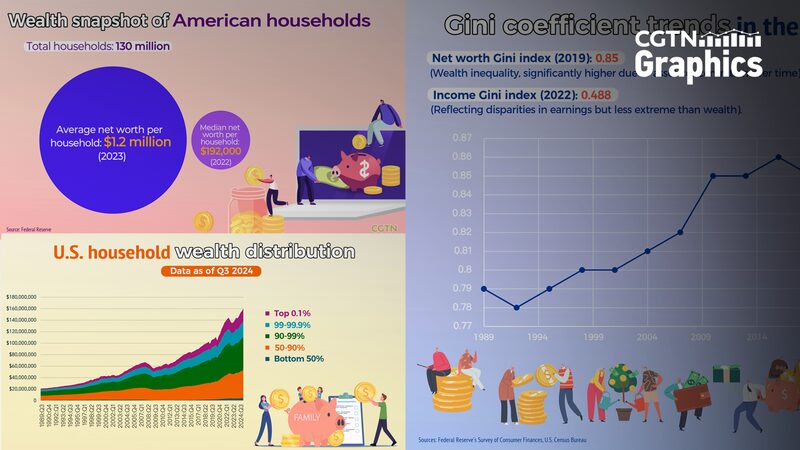Moody's recent downgrade of U.S. Treasury creditworthiness has reignited debates about fiscal sustainability, but experts argue the agency's warnings misrepresent the realities of sovereign currency systems. Warwick Powell, an adjunct professor at Queensland University of Technology, challenges conventional narratives, asserting that the true risks lie in wealth redistribution and political choices rather than technical insolvency.
Sovereign Currency Realities
Powell emphasizes that the U.S. federal government, as a currency issuer, cannot default on obligations denominated in dollars. Unlike households or businesses, it creates money through spending rather than relying on pre-existing funds. Treasury bonds, he explains, function as reserve management tools rather than traditional debt instruments.
Redistributive Effects Amplified
With interest payments surpassing defense spending, Powell identifies a growing wealth transfer to bondholders and financial institutions. This system, he argues, prioritizes rentier economics over productive investments in infrastructure or social programs, exacerbating inequality while claiming to combat inflation.
Global Dollar Demand Dynamics
The article highlights the dollar's unique role as the global reserve currency, noting that external demand—not domestic solvency—forms the practical constraint. Powell warns that declining appetite for Treasuries could reshape political economy dynamics, potentially limiting the U.S. ability to externalize inflation through currency dominance.
Political Sustainability at Stake
Ultimately, Powell contends that artificial debt ceiling debates distract from structural challenges: maintaining social cohesion through equitable growth and preserving global confidence in the dollar's utility. The real test lies in balancing public investment priorities against entrenched financial interests.
Reference(s):
cgtn.com








